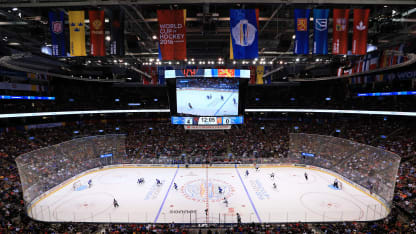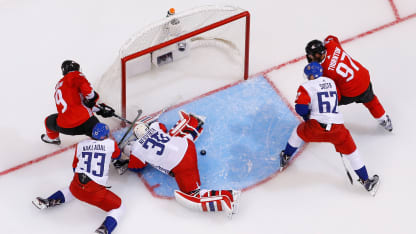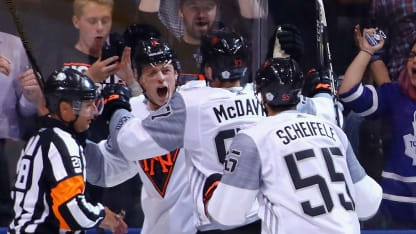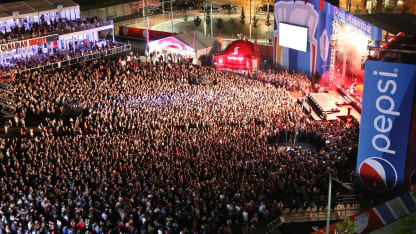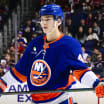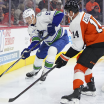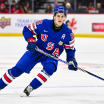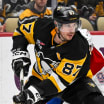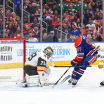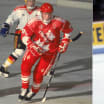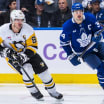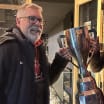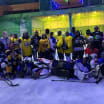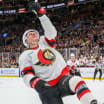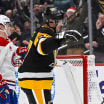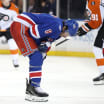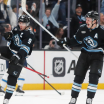On International Ice Hockey Federation head René Fasel suggesting the NHL is more interested in money than sport when it comes to any involvement by the League in the 2018 PyeongChang Olympics:
"I think, sometimes, that Mr. Fasel overstates, in a dramatic fashion, the true dialogue that goes on. There is no deadline. As a practical matter, we've been told at some point in the winter, in January or February, we're going to have to figure this out. But there are still a lot of open issues because there are many, many expenses dependent to the NHL players going, and in a sharp departure from the past five Olympics, apparently the IOC [International Olympic Committee] is no longer willing to pay them. And I've said repeatedly, I'm having trouble envisioning a scenario where the NHL owners will want to pay for the privilege of shutting down the season for two and a half weeks."
On Washington Capitals captain Alex Ovechkin having stated that he'd go to the Olympics to represent Russia if the NHL chooses not to take part:
"You know, if and when we get into that situation, because we haven't made any Olympic decisions yet, we'll deal with it and we'll talk and we'll figure it out. I have the utmost respect for Alex and I admire his passion for the game and his passion for his country."
On a possible introduction to the NHL of a referee helmet camera, which has proven popular with television viewers during the World Cup:
"It's a work in progress. It's something that the officials have to get used to. We tested it in prior seasons, working with Rogers [Sportsnet]. It's one of the innovations they've brought to the games and something we're continuing to focus on. But as you know, whether it's digitally enhanced dasher boards or puck and player tracking, we're ready to embrace new technology that isn't a gimmick, but that can work. When I became Commissioner [on Feb. 1, 1993], email was in its infancy, there was no NHL.com, there was no NHL Network, there was no NHL Radio, and the same applies to all the sports leagues. There was no social media to speak of. I'm excited about it. You need to be adaptable. You need to be flexible. But what's great about [technology] is that it enables fans to connect with our sport that nobody ever imagined and our fans can do it on their terms. You can get what you want, when you want, how you want it."
On the NHL and NHLPA working together to organize the World Cup:
"This event and everything around it gives the League and the NHLPA, Don and myself and all the people [in] the tremendous organizations we both have, an opportunity to work together. While we may not agree on everything, even in those areas where we may not agree, having a framework of working together in trust and understanding and the ability to communicate certainly should help smooth out what could be -- not predicting, hopefully wouldn't be, but could be -- some of the rough spots. In terms of the NHL and the NHLPA, this is an important project just in terms of our relationship."
Fehr, on the same topic of the NHLPA working with the NHL:
"We want our relationship with the NHL to be one where we cooperate where possible. We try to do things better together than we could otherwise, and when circumstances prevent that, we can relapse where we have to (laughs). Labor laws are not our friend. It's called an adversarial system for a reason. … When we talk about bringing the game and the fans together outside of North America, you need these kinds of events to do that. It highlights not the differences but the common interests in people and fans and how they can relate together. My hope, and I know the hope of the players, is that this is the kickoff of a project that will go on indefinitely to try to really enhance hockey's position around the world."
